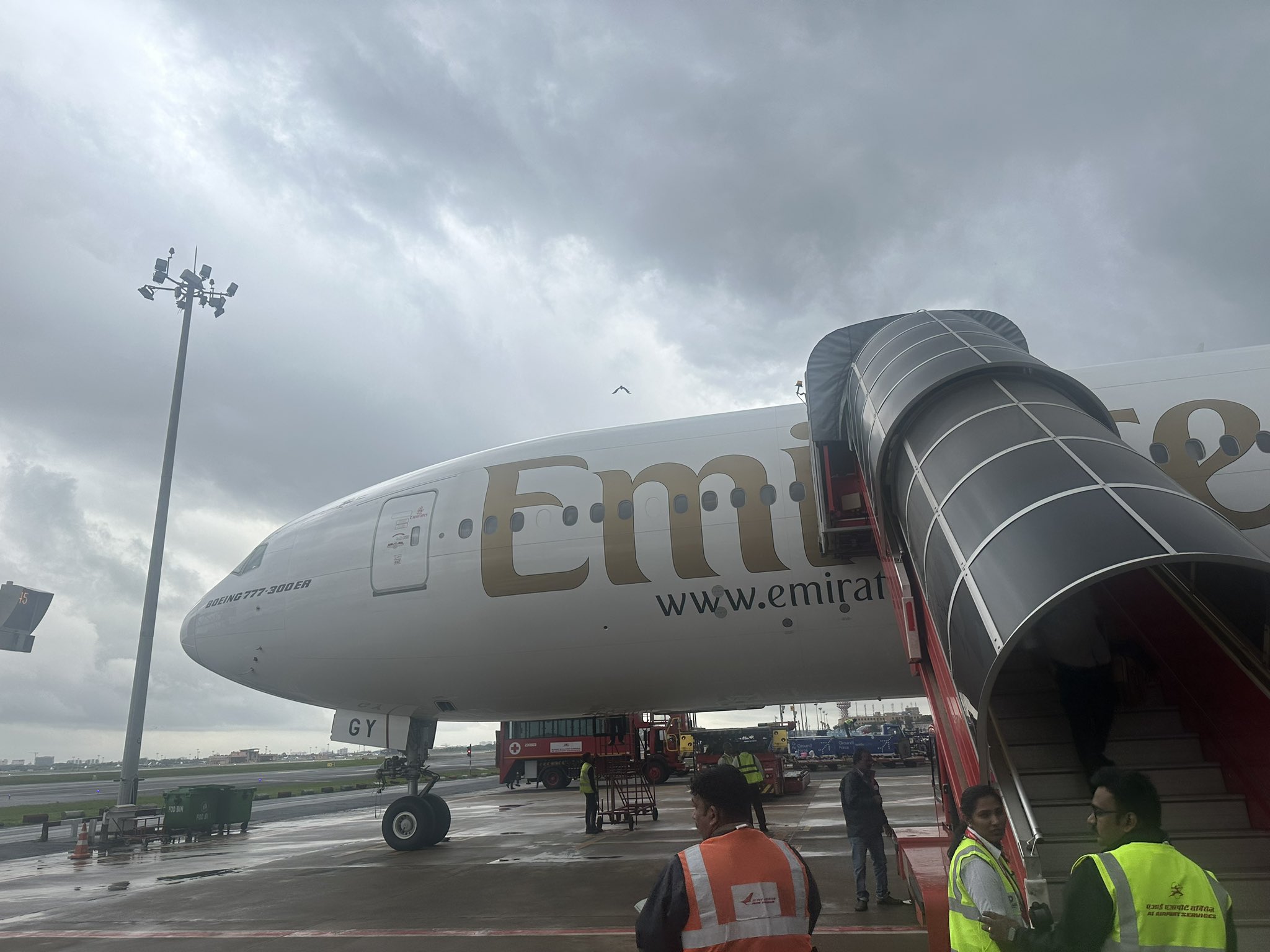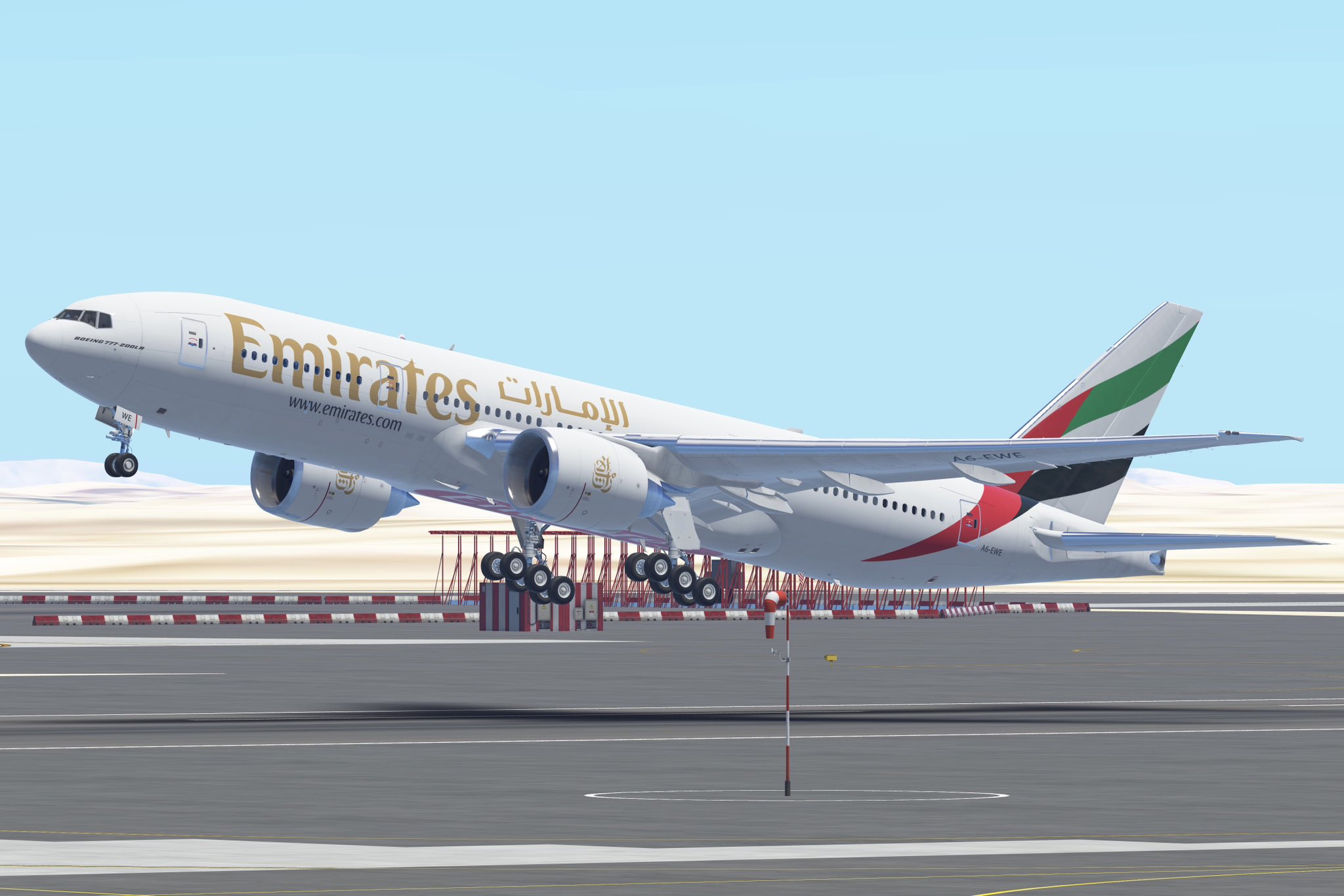
Israel’s missile strikes on Iranian nuclear and military targets early Friday, June 13, 2025, have thrown air travel across the Middle East and beyond into chaos, as airlines scramble to cancel, delay, or reroute flights amid widespread airspace closures and escalating security concerns.
The Israeli operation, codenamed “Rising Lion,” targeted key Iranian facilities and killed several top Iranian military commanders, prompting Iran, Iraq, and Jordan to immediately shut their airspace, while Israel closed Tel Aviv’s Ben Gurion Airport indefinitely.
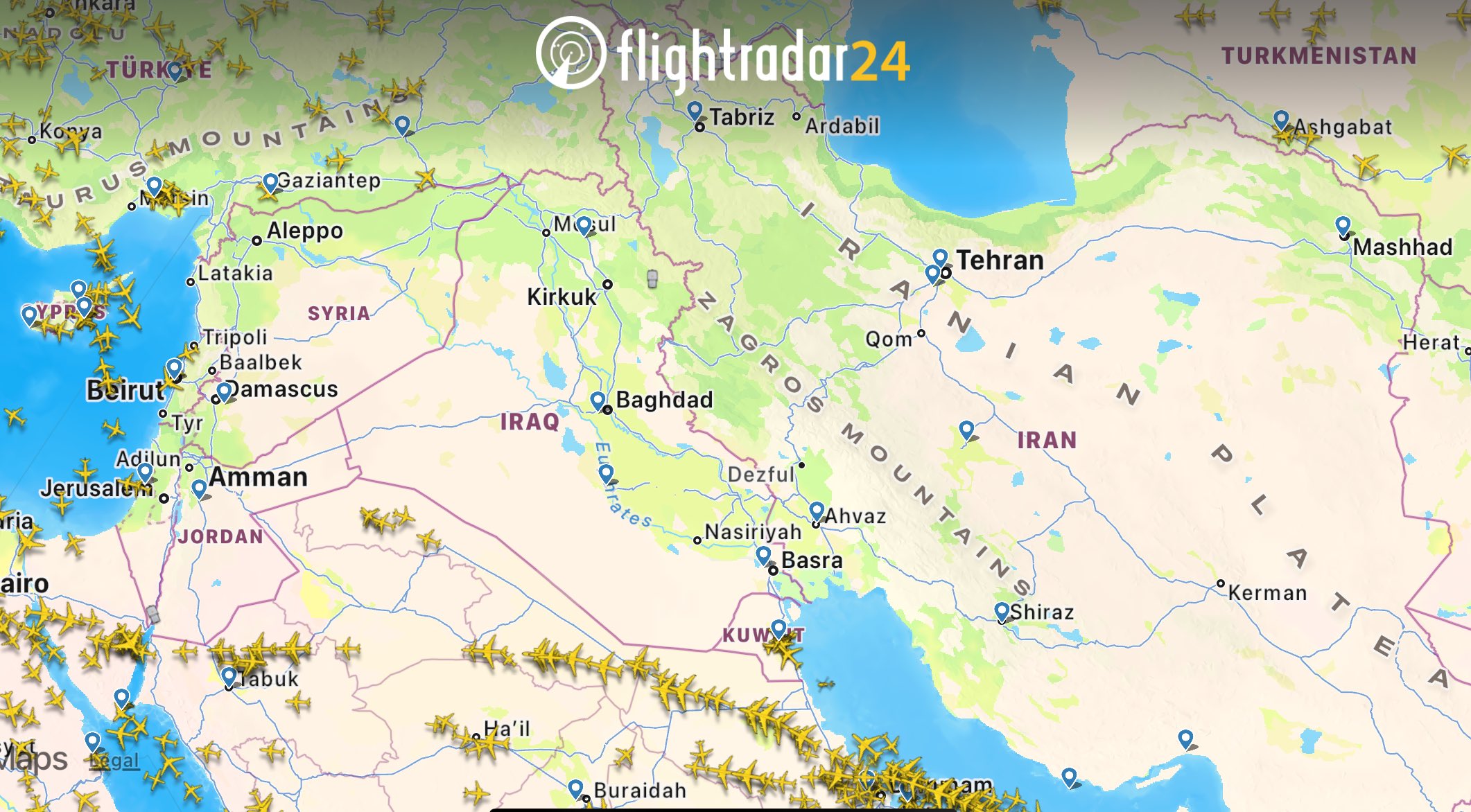
Major Disruptions and Airlines Affected
Thousands of passengers have been stranded or forced to land in unexpected destinations as airlines vacated the skies over Israel, Iran, Iraq, and Jordan. Air India, Emirates, Qatar Airways, Lufthansa, and United Airlines were among the carriers that diverted or canceled flights, with some planes forced to return to their points of origin mid-flight. U.S. carriers Delta and United turned back flights from New York to Tel Aviv over the Atlantic as the news broke.
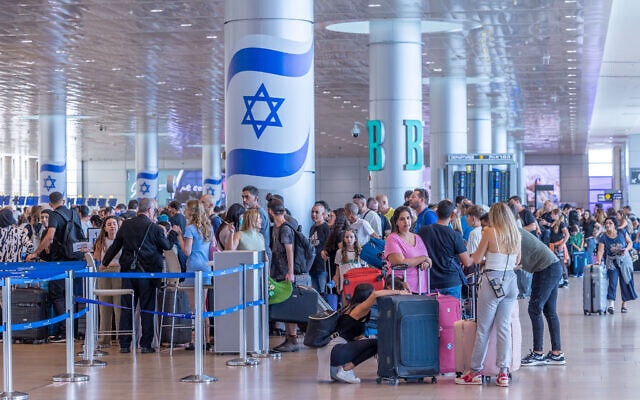
Israeli flag carrier El Al suspended all flights to and from Israel, and began moving aircraft out of the country for safety, while Israir and Arkia also evacuated their fleets from Tel Aviv. In the UAE, Emirates, Etihad, flydubai, and Air Arabia canceled dozens of flights to destinations including Iran, Iraq, Jordan, Lebanon, Syria, Israel, Russia, Armenia, Azerbaijan, Georgia, Kazakhstan, and Uzbekistan.
Airports and Airspace Closures: Expanded Details
The Israeli military offensive against Iran has led to sweeping closures of airports and airspace across the Middle East, creating widespread disruption for airlines and passengers.
Ben Gurion Airport (Tel Aviv, Israel)
- Ben Gurion Airport, Israel’s main international gateway, was closed to all arrivals and departures early Friday, June 13, 2025, following Israel’s strikes on Iranian targets.
- The closure is indefinite, with some reports suggesting it may last three to four days, though the Airports Authority has not issued an official timeline.
- All flights scheduled to land at Ben Gurion were either diverted to nearby airports such as Paphos (Cyprus), Athens (Greece), or Rome (Italy), or returned to their points of origin.
- The airport was fully evacuated as part of Operation Rising Lion, and the departure board was marked entirely in red, indicating universal cancellations.
- Israeli carriers El Al, Arkia, and Israir suspended all operations, advised passengers not to come to the airport, and halted new bookings until at least the end of June.
- Passengers stranded abroad have reported confusion and a lack of assistance, with many scrambling to arrange accommodation and access necessary medication.
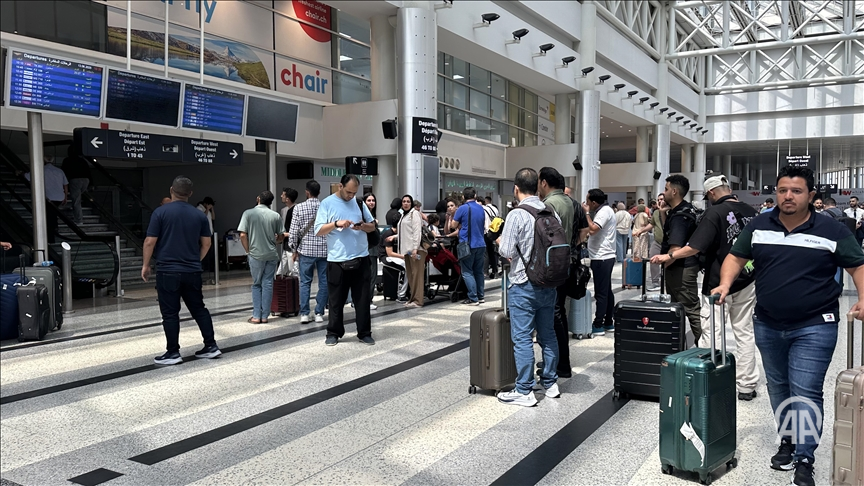
Iranian, Iraqi, Jordanian, and Syrian Airspace
- Iran, Iraq, and Jordan all closed their airspace in response to the escalation, and Syria’s airspace also saw a significant reduction in commercial traffic.
- Iran’s civil aviation authority suspended all domestic and international flights, with Tehran’s Mehrabad Airport closed until at least Saturday morning, according to state media.
- Jordan’s Queen Alia International Airport in Amman was also shut down, with no specified reopening date; travelers were advised to check directly with airlines for updates.
- The closure of these airspaces has forced airlines to reroute flights, often resulting in significant delays and longer flight paths.
- Major UAE Airports (Dubai DXB, DWC, Abu Dhabi Zayed International): Reported delays, cancellations, and rerouting, with passengers urged to check directly with airlines for updates.
Major Airlines and Routes Impacted
Airlines have responded by suspending or diverting flights across the region:
- Emirates canceled flights to and from Iran, Iraq, Jordan, Lebanon, and Israel, with dozens of services disrupted at Dubai International and Al Maktoum International airports.
- Etihad Airways canceled flights between Abu Dhabi and Tel Aviv and delayed other regional services.
- flydubai suspended operations to Amman, Beirut, Damascus, Iran, and Israel, with many flights rerouted or returned to departure airports.
- Air Arabia halted flights to Iran, Iraq, Jordan, Lebanon, Syria, Israel, Russia, Armenia, Azerbaijan, Georgia, Kazakhstan, and Uzbekistan.
- Qatar Airways temporarily canceled flights to Iran and Iraq.
- Turkish Airlines diverted some flights to Baku, Azerbaijan.
- El Al and other Israeli carriers suspended all flights, evacuated aircraft from Tel Aviv, and stopped new bookings until at least the end of June.
- Delta and United Airlines canceled flights to Tel Aviv and turned back planes mid-journey.
- Lufthansa suspended flights to Tel Aviv and Tehran until July 31, and to Jordan and Lebanon until at least June 20.
- Wizz Air and Ryanair halted flights to Israel.
- Air India diverted or returned more than a dozen flights, affecting routes from New York, London, Vancouver, and Washington, D.C..
- Aegean Airlines canceled all flights to and from Tel Aviv for June 13.
Full List of Affected Airlines and Destinations
| Airline | Canceled/Suspended Destinations |
|---|---|
| Emirates | Iran, Iraq, Jordan, Lebanon, Israel |
| Etihad Airways | Tel Aviv, Amman |
| flydubai | Amman, Beirut, Damascus, Iran, Israel |
| Air Arabia | Iran, Iraq, Jordan, Lebanon, Syria, Israel, Russia, Armenia, Azerbaijan, Georgia, Kazakhstan, Uzbekistan |
| Qatar Airways | Iran, Iraq |
| Turkish Airlines | Israel (diverted to Baku) |
| El Al | All international and domestic flights suspended |
| Israir, Arkia | All flights suspended |
| Delta, United | Tel Aviv |
| Lufthansa | Tel Aviv, Tehran, Jordan, Lebanon |
| Wizz Air, Ryanair | Israel |
| Air India | Multiple routes through/over Iran, Israel, Iraq |
| Aegean Airlines | Tel Aviv |
Operational and Safety Concerns
The shutdown comes at a critical time as airlines were ramping up for the summer travel season, amplifying the impact on travelers and airline operations. Flightradar24 data showed a dramatic drop in flights over the affected region, with some aircraft spending hours in the air before being forced to return to their origin airports. Airlines are offering travel vouchers and waiving change fees for affected passengers.
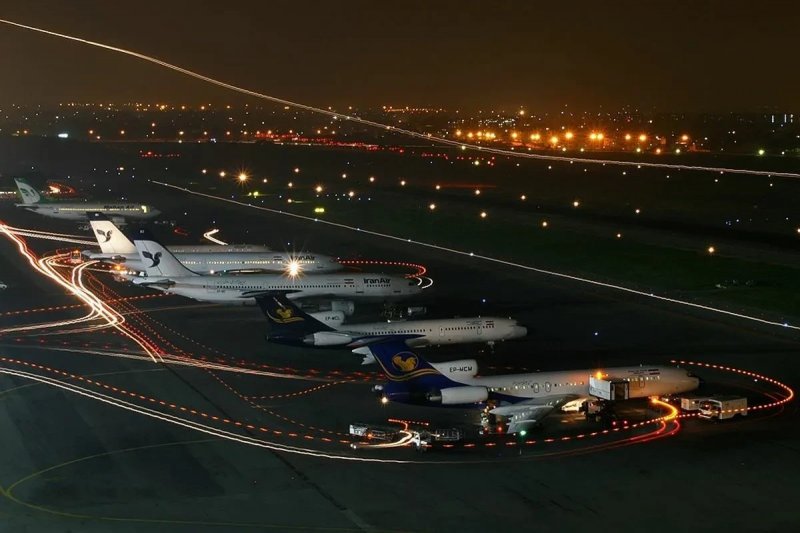
Escalating Security Risks
The attacks and subsequent airspace closures have heightened security risks, with Israel’s defense forces on high alert for retaliation and Iran reportedly launching drones toward Israel in response. The U.S. has evacuated embassy staff across the region, and airlines are bracing for further disruptions if the conflict intensifies.
Travel Advisory
Passengers are strongly advised to check directly with airlines and airports for the latest updates before traveling, as the situation remains fluid and further cancellations or rerouting are expected.
































.jpg)










